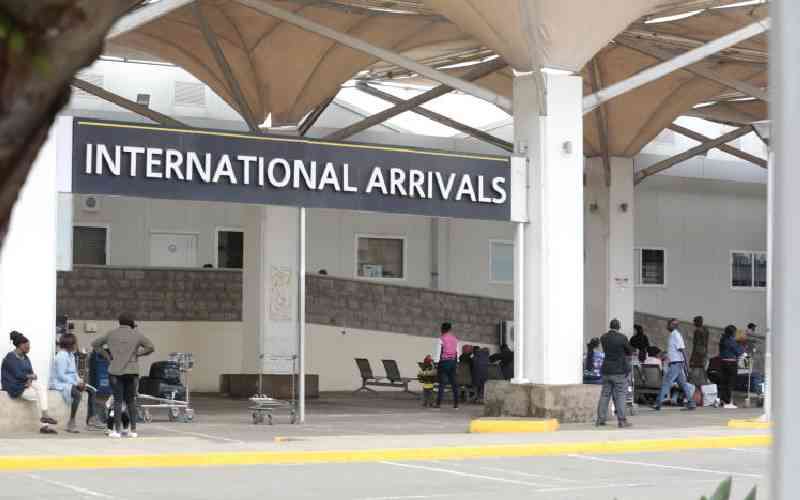
India's Adani Airport Holdings will have a free hand in determining how much passengers pay to use the Jomo Kenyatta International Airport and has already proposed a hike in airport fees, according to the proposal that it has made to the Kenya Airports Authority (KAA) to upgrade and operate the aviation hub.
The firm has made the Private Investment Proposal to KAA, in which it noted that KAA has been undercharging passengers far much lower than other hubs in the region, including Addis Ababa, and in turn losing revenues and noted that doubling the fees could easily secure the airport's future.